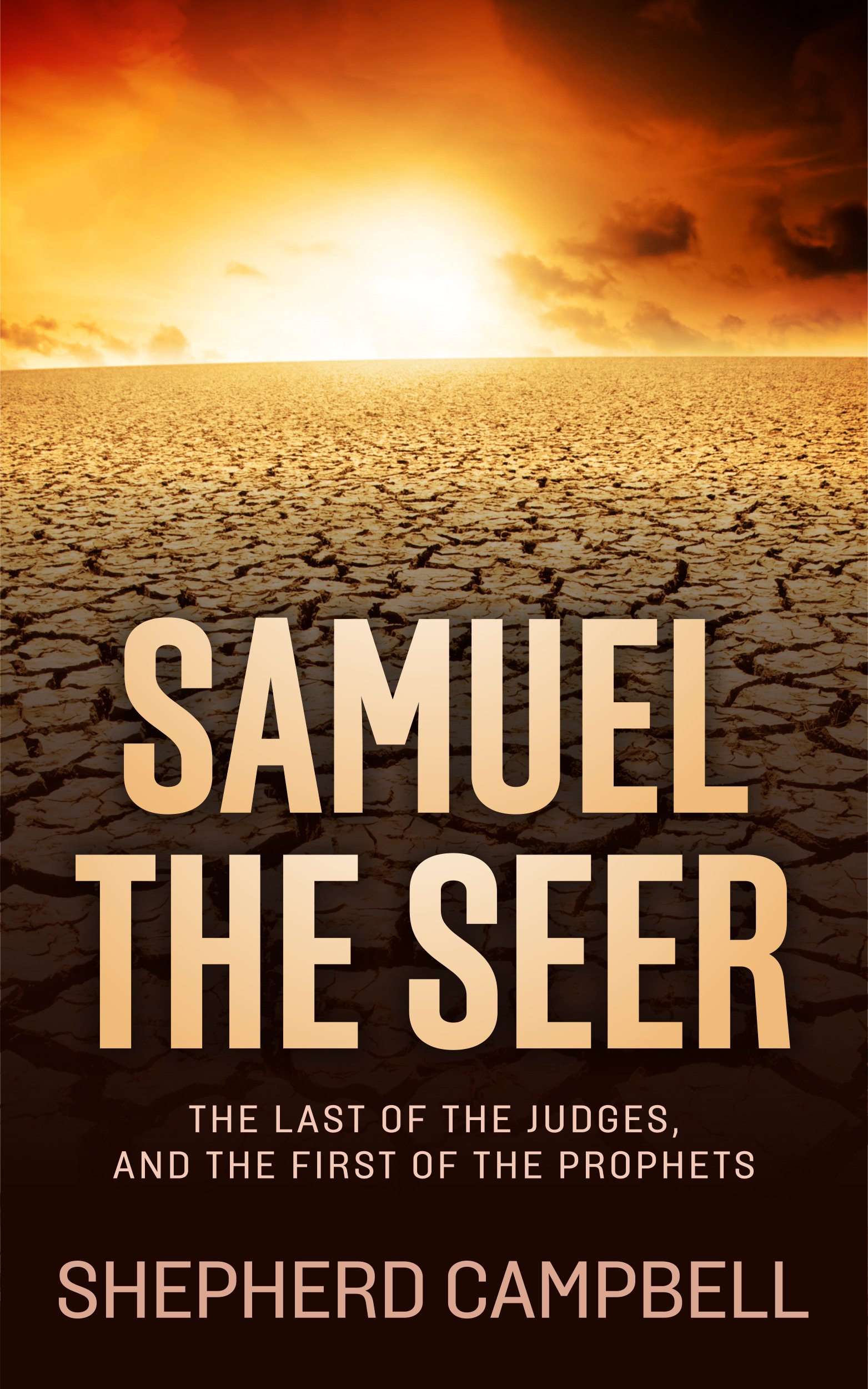The Descendants of Seth as the Sons of God
by Jon H Benson
(Whitehall, PA USA)
There are at least a few people who believe that the reference to the sons of God, in Genesis, is a reference to the righteous descendants of Seth. Jesus refers to his followers as his brothers and sister, and as sons and daughters of God. So this need not refer to angels.
These people, having kept to the commandments of God, having abstained from the wantonness and lusts of the descendants of Cain, were still, to a greater extent, close to God's original creation in both physical and spiritual likeness.
As time went on, however, they became enamored of the women of Cain's line, and began to intermarry with them. In this way, the righteous were slowly being overcome by the wicked, even as the righteous Israel was led into sin by the trickery of Balaam. But the resulting offspring of these righteous men, bearing more lightly the curse than Cain's heirs, would likely have produced physically greater men, with all the lusts inherent in the unrighteous.
As for the idea of angels/demons procreating, Jesus, when answering the question put to him about marriage in heaven, says that when we get there we will be like the angels, who neither marry nor have children. It would seem unlikely that God have would allowed this intermingling, even if it was physically possible. And one has to assume that it would be the fallen angels that were responsible, since the righteous, unfallen angels would not be likely to be tempted to mate with human women.
If they had already resisted the temptation to join with Satan in his rebellion, it doesn't seem likely that they would fall prey to the wiles of fallen women, no matter what they looked like. The unfallen angels would have been able to see sin for what it truly is.
As for the sons of God in Job, the reference, again, could mean simply those of God's still righteous creation, those created by him, not at Earth's creation, but still created and unfallen. We are told that all heaven is witness to the events that happen on earth. This would seem to mean more than just the angels, but all of any of whatever worlds God has created.
As to why some of the references to the Nephilim seem like science fiction or fairy tales, one must remember that while WE believe in only one actual God, and angels, (fallen or unfallen), even the ten commandments says only that we should have no other gods above or before God, not that there are no other gods, because, to put God first, removes the power of other gods, real or imagined.
And certainly Satan would have used every opportunity to promote himself or his own angels as gods, even as he tried to do to Jesus during Jesus' temptation in the wilderness. So, even into New Testament times, mistaken ideas of just what the evil angels were capable of would likely have slipped into the writings of the Bible authors.
As for the giants of the post flood times, one must remember that Noah himself lived nearly to the time of Abraham, and his sons (and daughters?) lived well into Abraham's time. (I have seen at least one reference that opines that Melchizedek was likely Shem or Japheth, and this was why Abraham showed him the respect he did.) One should also remember the Epic of Gilgamesh (the following quote is from Wikipedia)
"In order to learn the secret of eternal life, Gilgamesh undertakes a long and perilous journey to find the immortal flood hero, Utnapishtim Noah. He learns that 'The life that you are seeking you will never find. When the gods created man they allotted to him death, but life they retained in their own keeping.' His fame however lived on after his death, because of his 'great building projects', and his account of what Utnapishtim told him happened during the flood."
To the people born after the flood, with their increasingly shortened life spans, Noah and his sons, and likely their immediate offspring, would have seemed to be immortal, since they would have outlived most men by many generations. Likely they were also much more robust physically than the post flood population, both in intellect and in actual size. People in that time might have truly believed that the gods lived among them. And it was Ham, the cursed one, whose descendants settled mainly in the area of Canaan, where much of their idolatry would affect God's chosen people, and those who wrote out the Bible.
And here also, the Nephilim, Raphaim, Anakim etc, rose up again, as some of Noah's offspring again fell into the temptation to copiously reproduce themselves. Ham, in fact, seems the likely source for that specific seed to have risen up in the Promised Land. So, again, it seems unnecessary to invoke angels or demons as the pro-creators of the giants.

